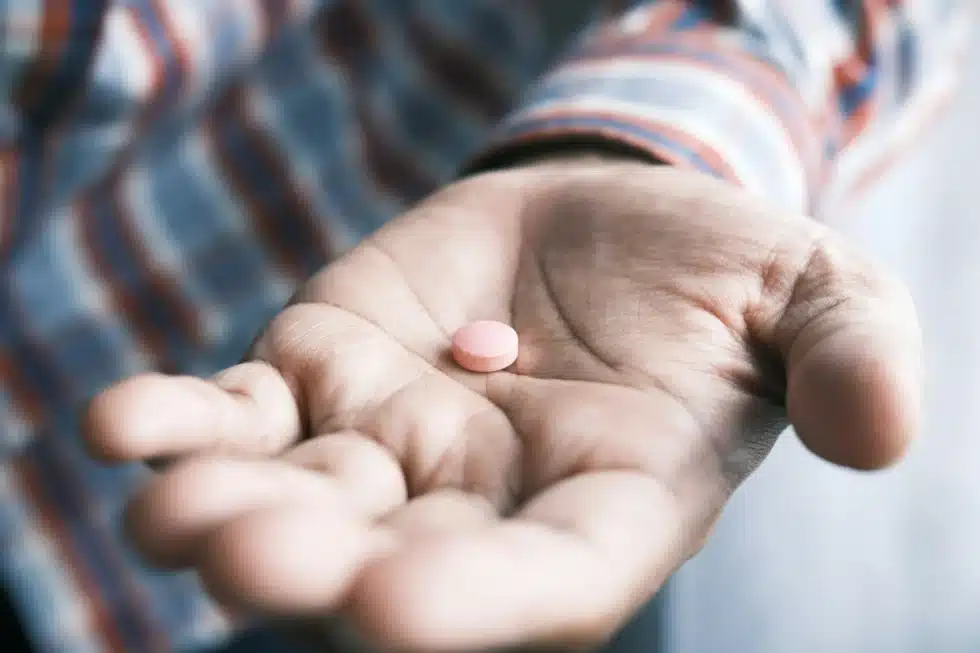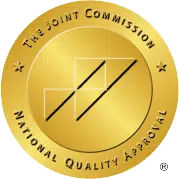Drug Addictions That Should Have Medically-Assisted Detox

Detoxification from drugs and alcohol is the first and often most critical step in substance abuse treatment. No matter which substance you use, it’s important to consider getting help to safely taper off drugs and alcohol, achieve sobriety, and receive support during the detoxification process. This process often includes painful withdrawal symptoms and strong cravings to use again.
Some substances will undoubtedly cause more significant withdrawal symptoms than others. Here are some drug addictions for which you should always seek professional detox, how detoxification works, and the benefits of seeking professional help instead of riding the detox process out alone.
Do I Need a Medically-Assisted Detox?
Medically assisted detox can benefit those looking to achieve sobriety safely and with minimal complications. Unfortunately, for those with more severe or long-term substance use, withdrawal symptoms during detox can lead to severe and even fatal complications such as seizures or delirium.
Medical detox aims to reduce or prevent these complications by providing a safe, stable, and medically monitored environment for people to taper off substances. While you can receive detox services in both inpatient and outpatient forms, one study found that people who receive inpatient detox services, which involve 24/7 medical monitoring, complete detoxification more than those who use outpatient services.
In short, yes, most people who have severe substance abuse or alcohol abuse disorders should use inpatient medically-assisted detox. While certain studies show some benefits of outpatient detox, such as similar safety compared to inpatient detox, these same studies also show larger abstinence rates among people with alcohol use disorder among other benefits.
Benefits of Medically-Supervised Drug Detox
Enrolling in a medically supervised detox program has life-saving benefits, such as minimizing the chance of medical complications and even death from withdrawal symptoms, improved abstinence rates, and improved safety. For those who are looking to start their path to sobriety, the following are some of the benefits of medical detox that can be the difference between relapse and recovery.
Reduce Chances of Fatal Complications During Withdrawal
By far one of the best benefits of medical detox is the increased safety of people tapering off drugs and alcohol. Many people underestimate how difficult and even deadly the withdrawal process can be, especially without medical supervision.
Substances that have been linked with fatal complications during withdrawal include:
During medically supervised detox, medical professionals can monitor and manage any potential complications that may arise during the withdrawal process, reducing the risk of fatal outcomes. These include the following.
Alcohol Withdrawal
Alcohol withdrawal symptoms can appear fairly soon, within 8 hours after having a last drink. Some of the many symptoms of alcohol withdrawal may include:
- Anxiety or nervousness
- Depression
- Fatigue
- Irritability
- Jumpiness or shakiness
- Nausea and vomiting
- Rapid heart rate
- Tremor of the hands or other body parts
These symptoms can peak between 24 to 72 hours. Within 2-5 days, people can also suffer from Delirium Tremens. As many as 3-5% of people who stop using alcohol can develop this severe complication, which has a fatality rate of 37% if left untreated.
Delirium tremens is a severe form of alcohol withdrawal. It can cause:
- Agitation, irritability
- Sudden, severe confusion (delirium)
- Seizures
- Hallucinations
Delirium Tremens can lead to death due to injuries from seizures, irregular heartbeat, and confusion due to delirium. Because of how severe these symptoms can be, it is important for individuals who are experiencing alcohol withdrawal to seek medical attention if they begin to experience severe symptoms. For those with severe alcohol addiction, seeking medical help during detox and creating a recovery plan can be the difference between life and death.
Opioid Withdrawal
Opioid withdrawals can cause a range of symptoms, including potentially life-threatening effects. Some of the most common symptoms include:
- Muscle aches and pains, known as myalgia
- Diarrhea
- Nausea and vomiting
- Sweating
- Runny nose and eyes
- Insomnia
- Photophobia, or sensitivity to light
Individuals with opioid or pain killer addiction should always seek help from medical professionals during the detox process. While not as common as other substances, deaths from opioids have been reportedly caused by severe diarrhea and nausea/vomiting leading to dehydration and subsequent complications.
Benzodiazepines Withdrawal
Benzodiazepines, which include medications such as Xanax, Valium, and Ativan, are often prescribed for anxiety and sleep disorders. However, prolonged use or misuse of these drugs can lead to dependence and withdrawal symptoms when abruptly stopping their use. Some common symptoms of benzodiazepine withdrawal include:
- Sleep disturbance
- Irritability
- Increased tension and anxiety
- Hand tremors
- Sweating
- Nausea
- Palpitations
- Headache and muscle pain
In severe cases, individuals may also experience delirium tremens and seizures during benzodiazepine withdrawal, similar to alcohol withdrawal. As with any substance, it is important to seek medical attention and follow a proper detox plan when trying to overcome benzodiazepine addiction.
Reduce Severe Pain During Withdrawal
In addition to some substances leading to fatal complications, other substances can also lead to severe pain during withdrawal. These include:
- Opioids
- Barbituates
- Benzodiazepines
In the case of barbituates and benzodiazepines, withdrawal can develop from 2-10 days after stopping use and include symptoms of headache, gastrointestinal distress, muscle fatigue, weakness, and seizures. Opioid withdrawal is also highly painful and uncomfortable, with withdrawal symptoms including abdominal cramps and muscle pain.
Detox provides medication management and medical monitoring in order to relieve pain and discomfort during withdrawal. This can include the use of tapering medications, such as methadone or buprenorphine for opioid addiction, to gradually reduce dependency on the substance and ease withdrawal symptoms.
Receive Additional Support for Certain Substances
In addition to medication management, detox programs also offer support through counseling and therapy to help individuals cope with the psychological effects of withdrawal. Some substances that might not require full inpatient medical detox, but still carry certain negative side effects, include:
While you might not experience severe pain or seizures with these substances, you may still experience mental and emotional symptoms that can be difficult to manage on your own. Counseling and therapy offered in detox programs can provide the necessary support and guidance to help individuals overcome cravings and maintain abstinence.
What to Expect During Detox
Transitioning from detox to inpatient or outpatient addiction treatment is the recommended course of action for those looking to achieve long-term recovery. Studies show that a successful transition can lead to improved outcomes like reduced relapse, reduced criminal justice system involvement, and increased employment among others.
Of course, the first step towards achieving these positive outcomes is successfully completing the detox process. But what does this look like exactly? Here’s what you can expect during medical detox.
Length of Stay
The length of your stay will vary greatly depending on several factors, such as:
- Length of substance use
- Frequency and amount of substance use
- Presence of co-occurring disorders
- General health and medical history
Usually, detox programs can last anywhere from a few days to a week or longer. It all depends on individual needs and progress. Research shows the duration of treatment may range from 3 to 14 days, with outpatient detox lasting roughly 6.5 days, and inpatient detox lasting roughly 9 days.
During your stay, your care team will continue to assess your physical and mental health to determine the appropriate length of stay. If you need to be kept longer for medical or safety reasons, listen to your care team and trust their judgment.
Medical Supervision
To help manage withdrawal symptoms and ensure your safety and comfort, medical supervision is provided 24 hours a day during detox. This means that medical professionals will be available to monitor your vital signs, administer medications through medication-assisted treatment, if needed, and provide support as you navigate through the withdrawal process.
Being in a 24/7 medical supervision setting also allows for immediate intervention in case of any medical emergencies. This is especially important for individuals who have a history of severe substance use and may experience more intense withdrawal symptoms.
Aftercare Planning
A key aspect of detox programs is preparing for the next steps after detox. This includes developing a personalized aftercare plan that will help you maintain your sobriety and continue your recovery journey.
This may include referrals to additional inpatient treatment programs, outpatient rehab, therapy, support groups, and other resources to help you build a strong foundation for long-term recovery. Your care team will work closely with you to create an aftercare plan that ensures your new-found abstinence follows you for a lifetime.
We're here when you are ready to take your first steps toward recovery.
Recovery Advisors are available to take your call 24/7, even during the holiday season.
Call Today







